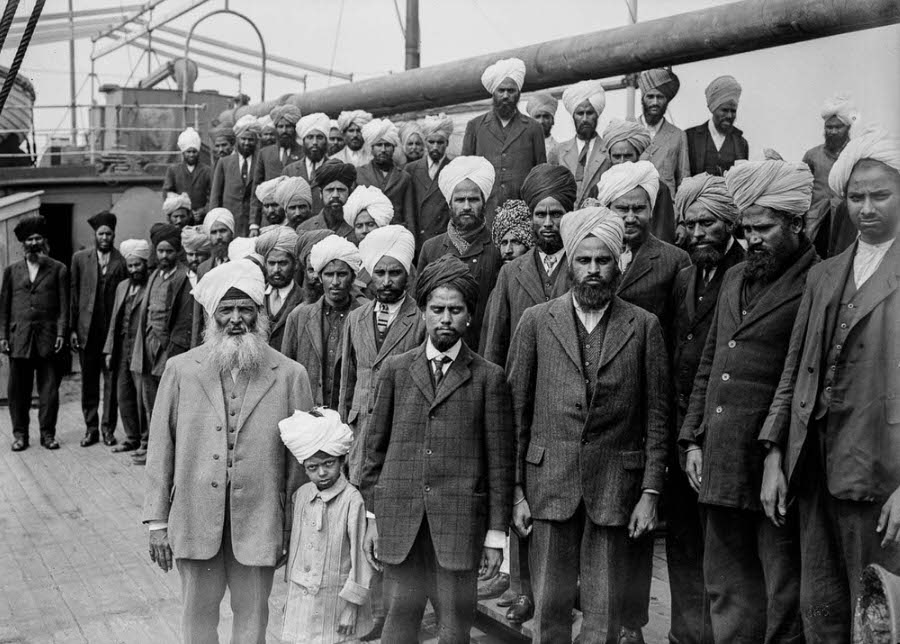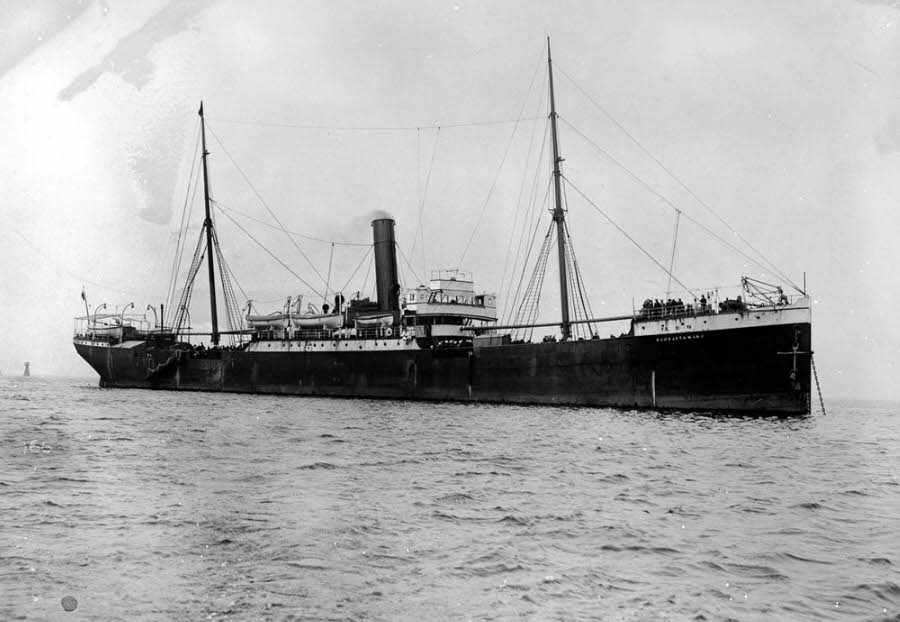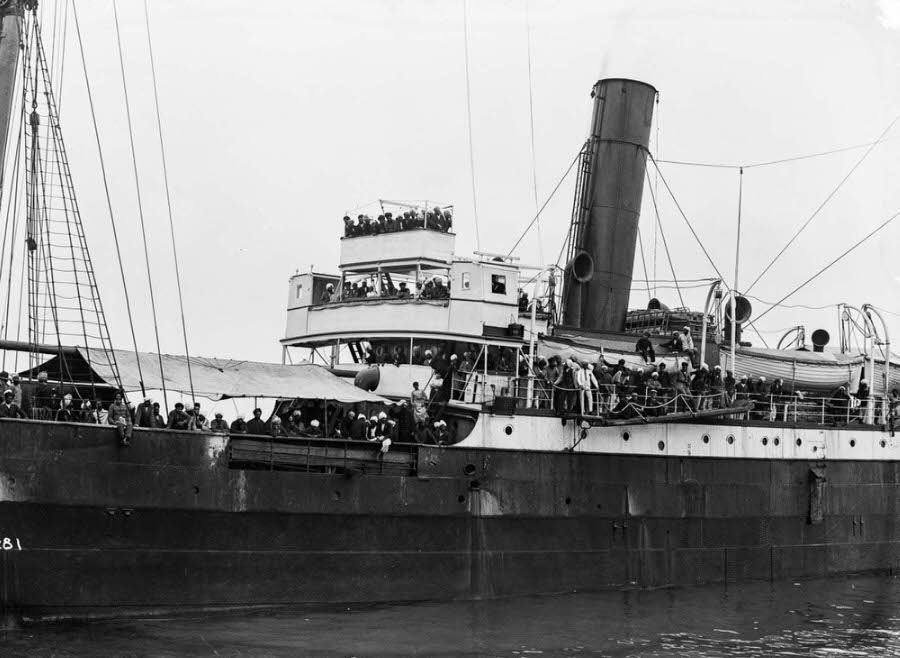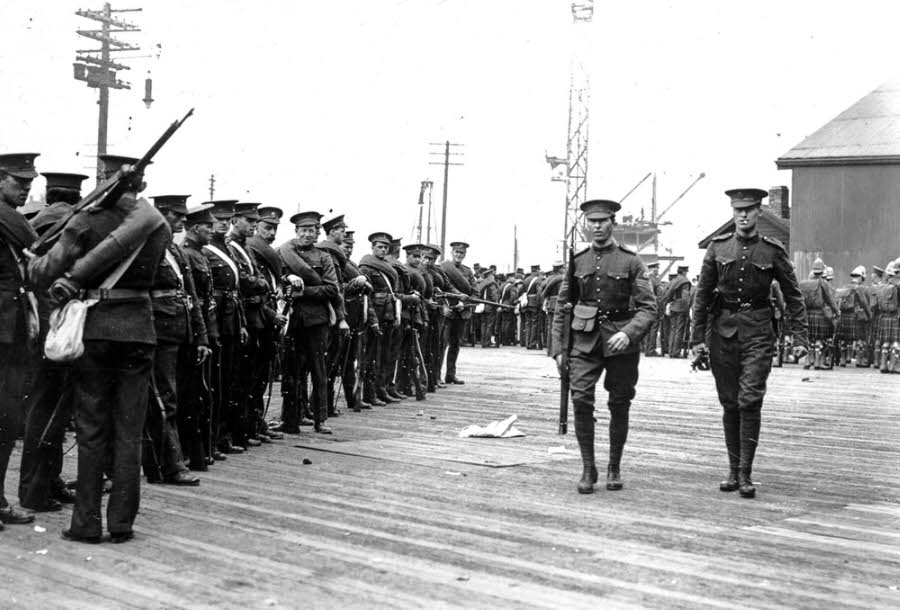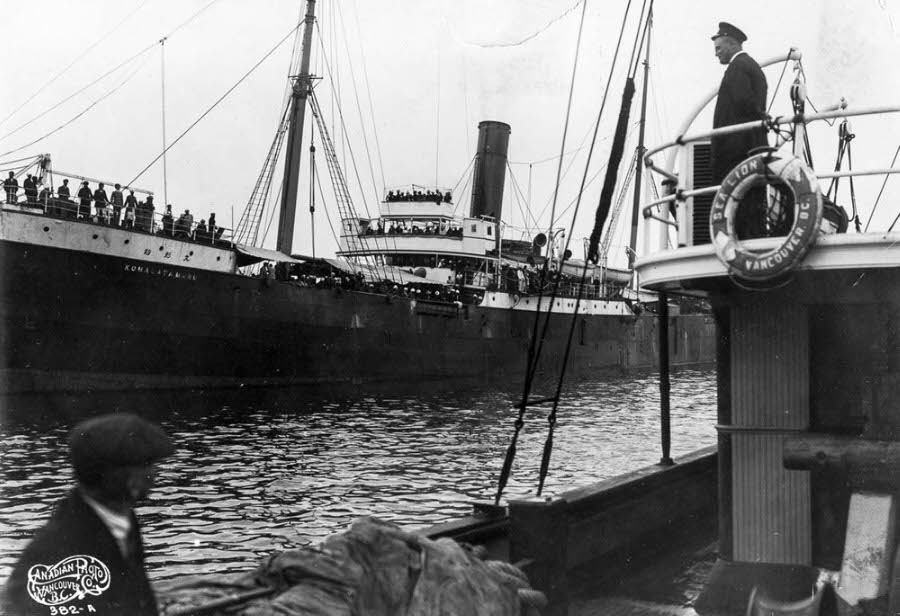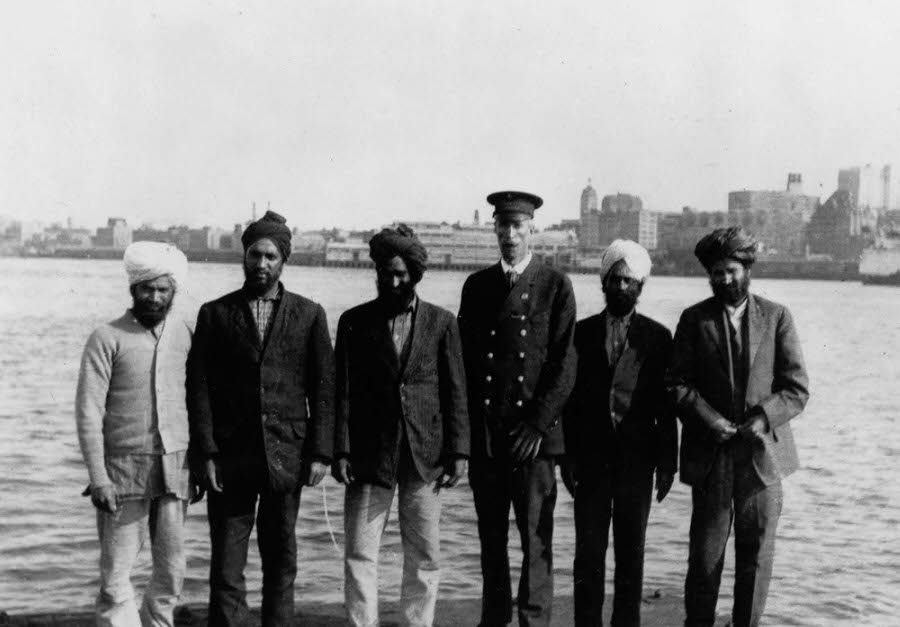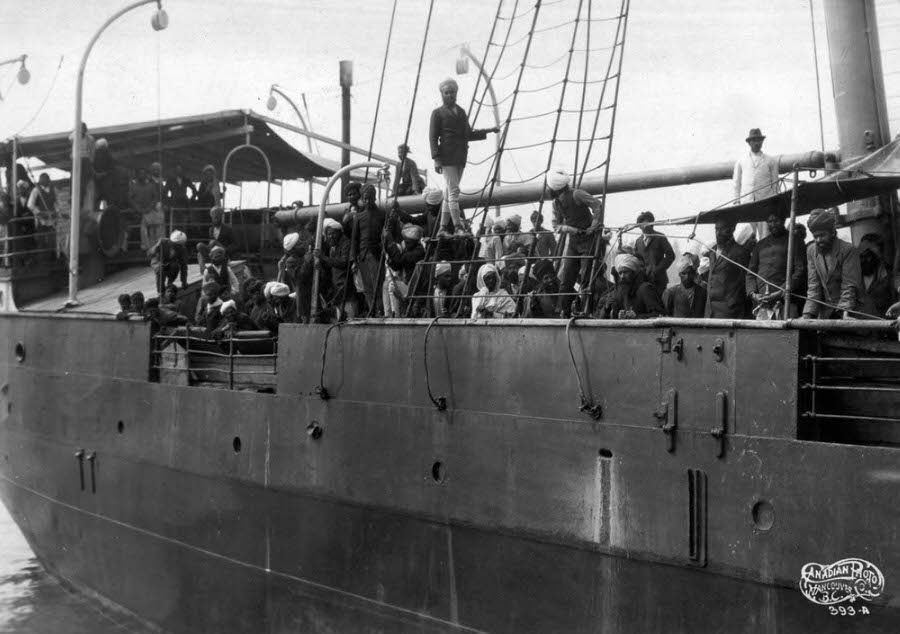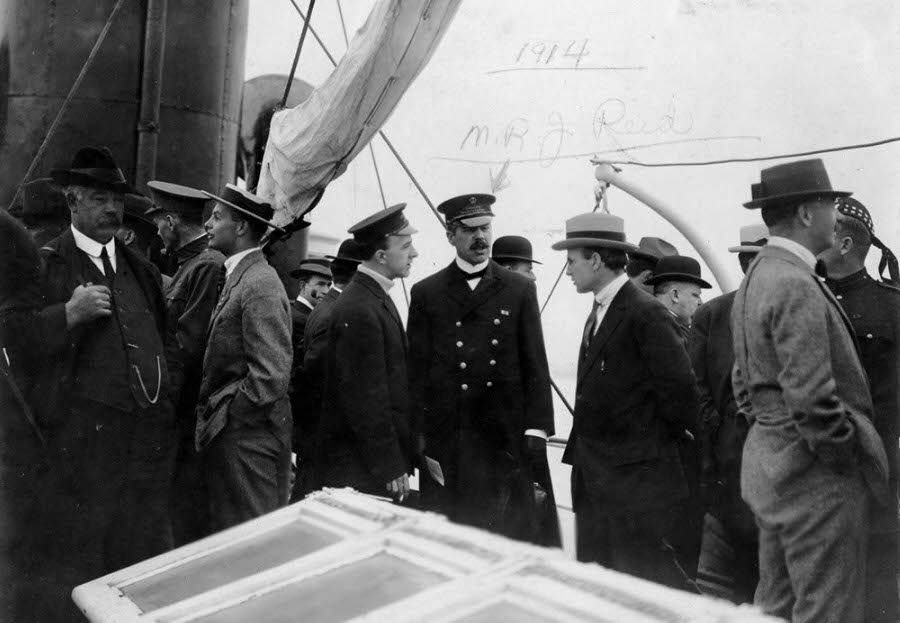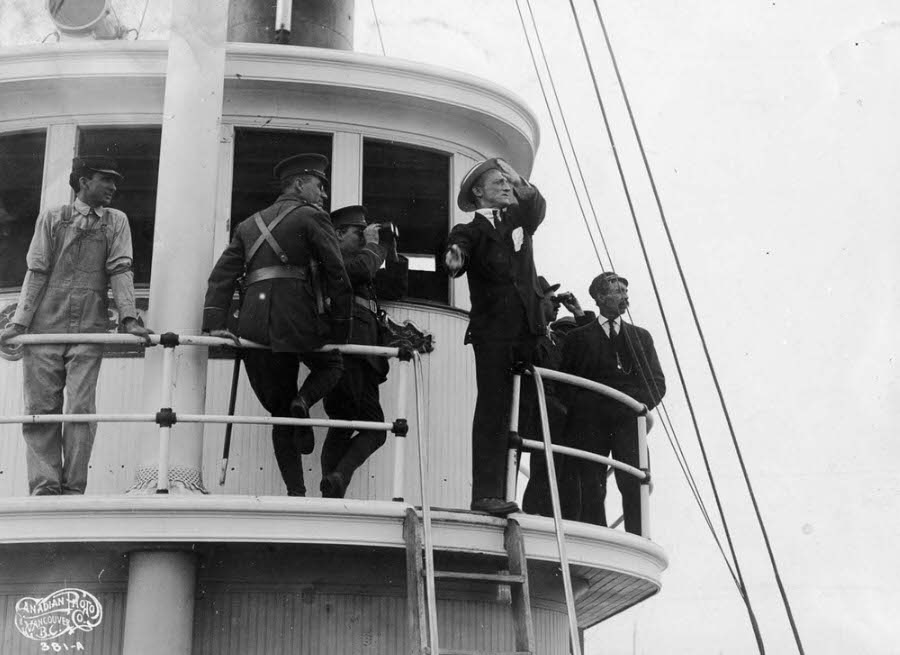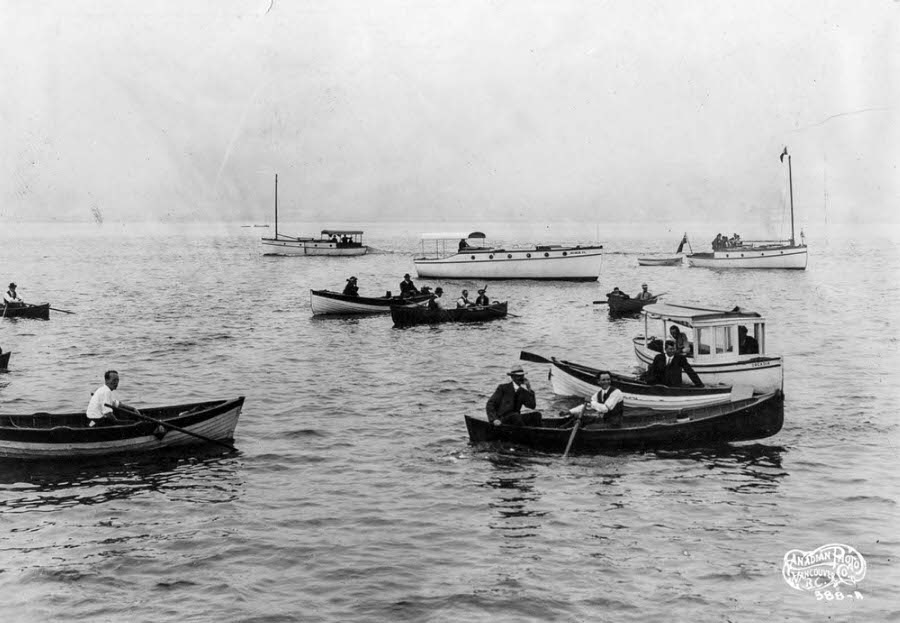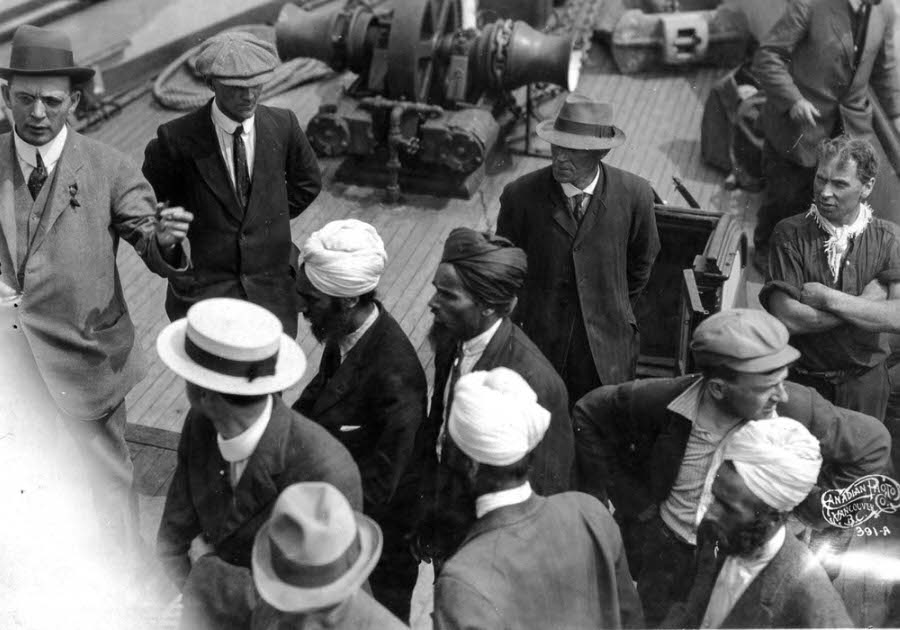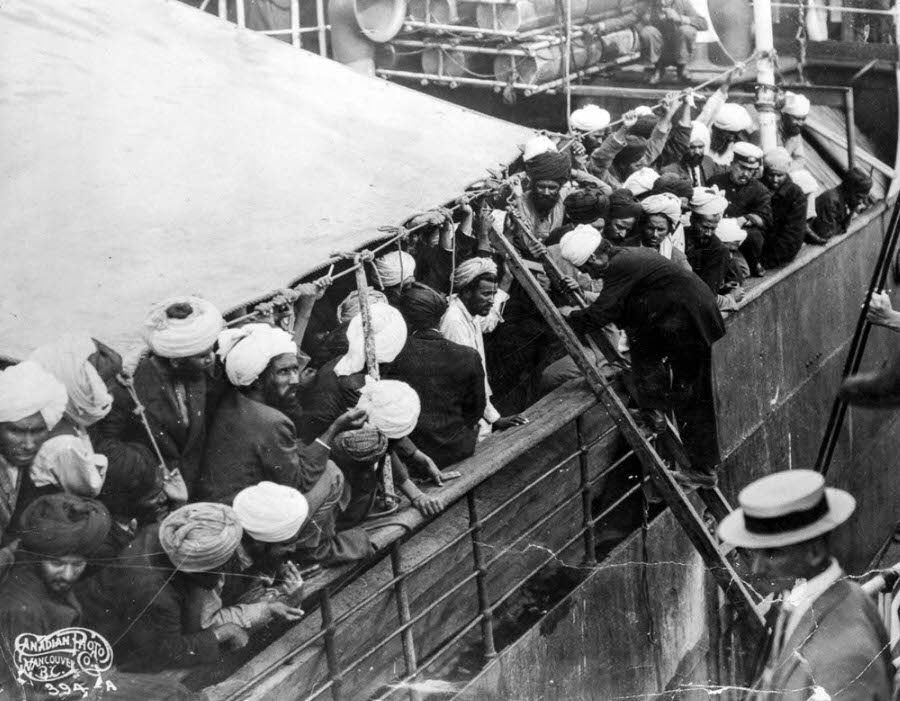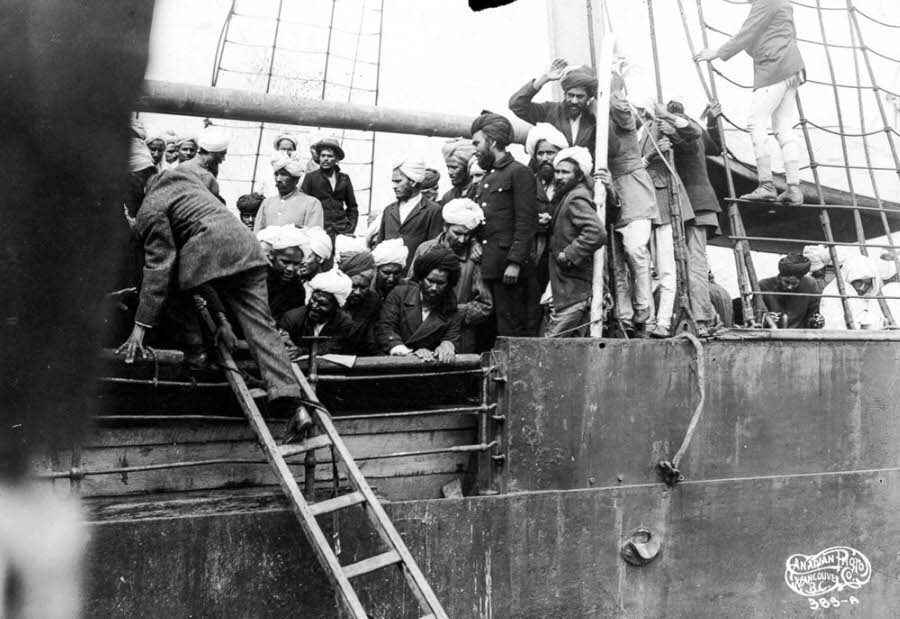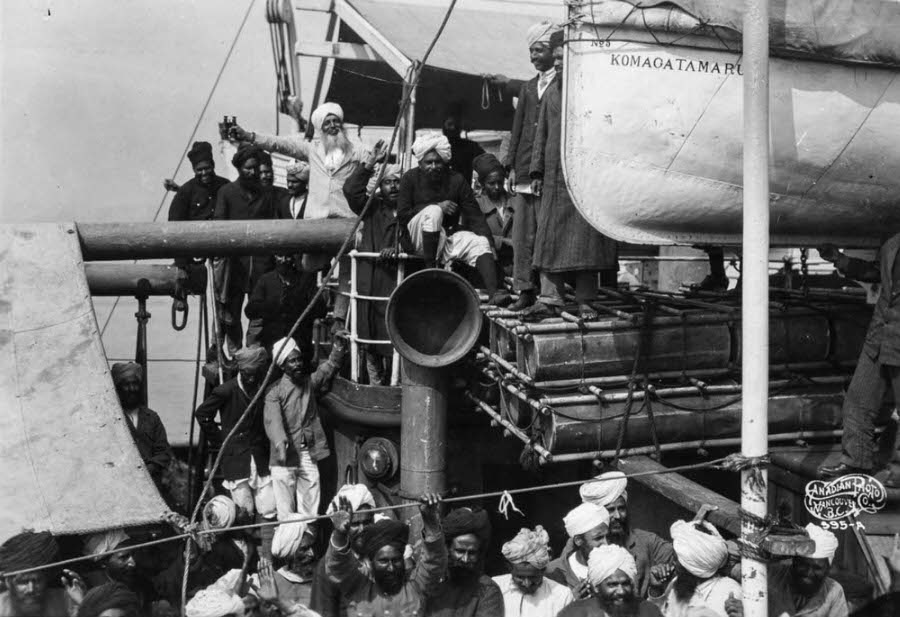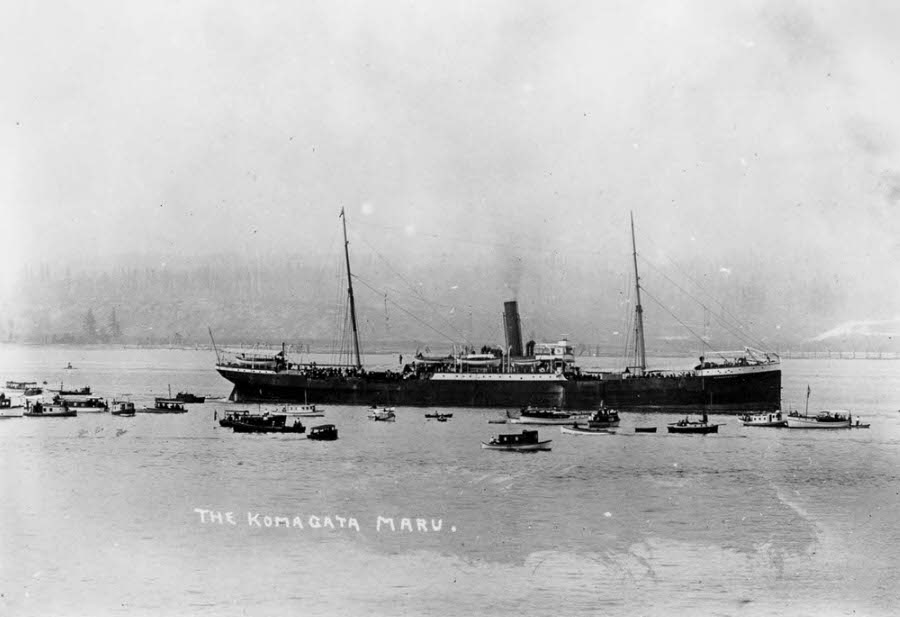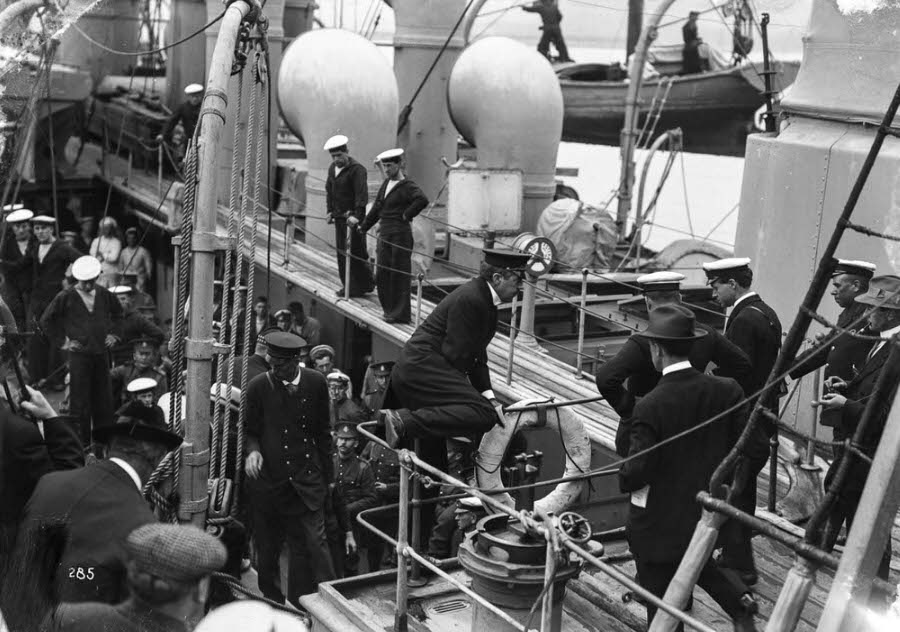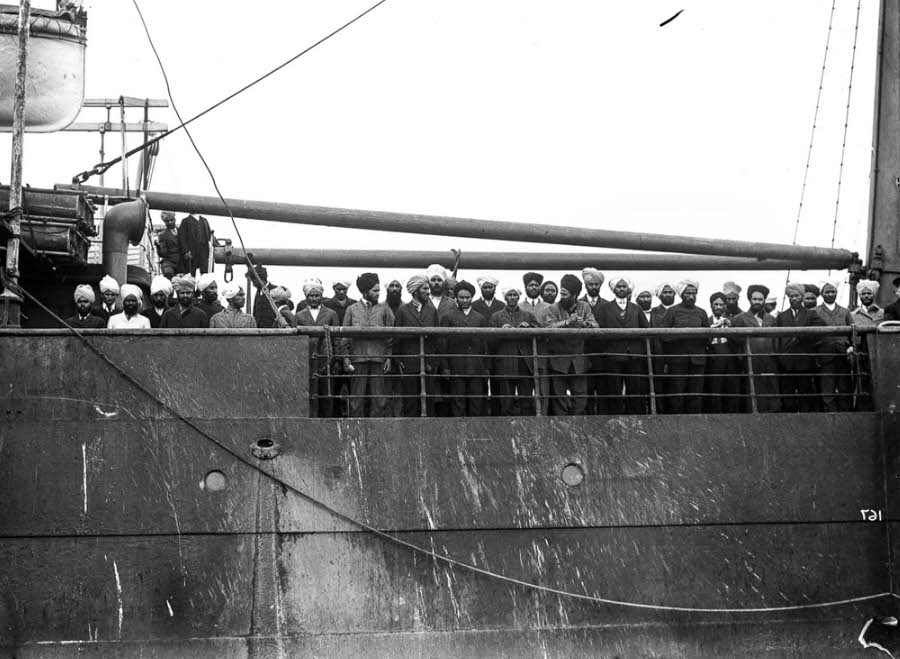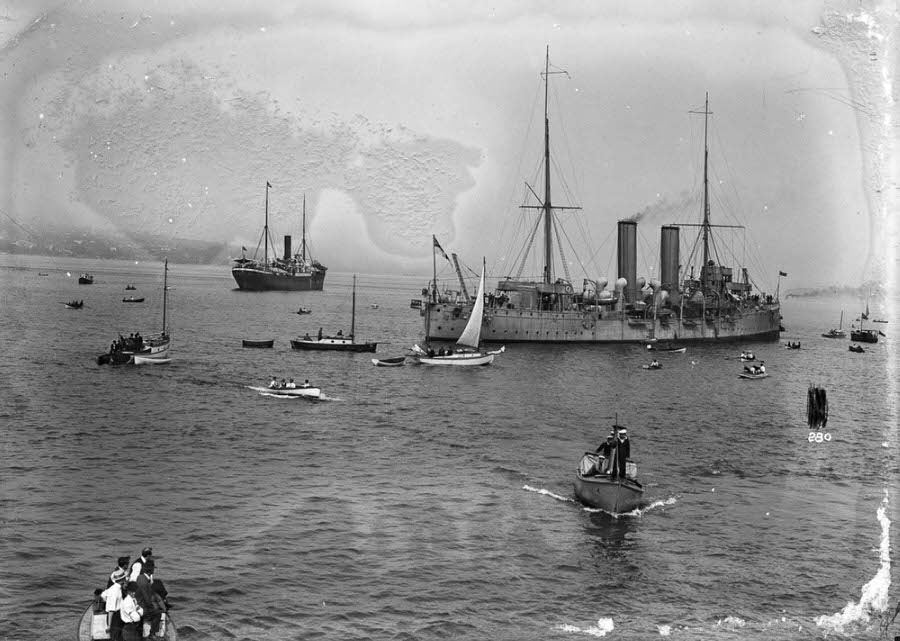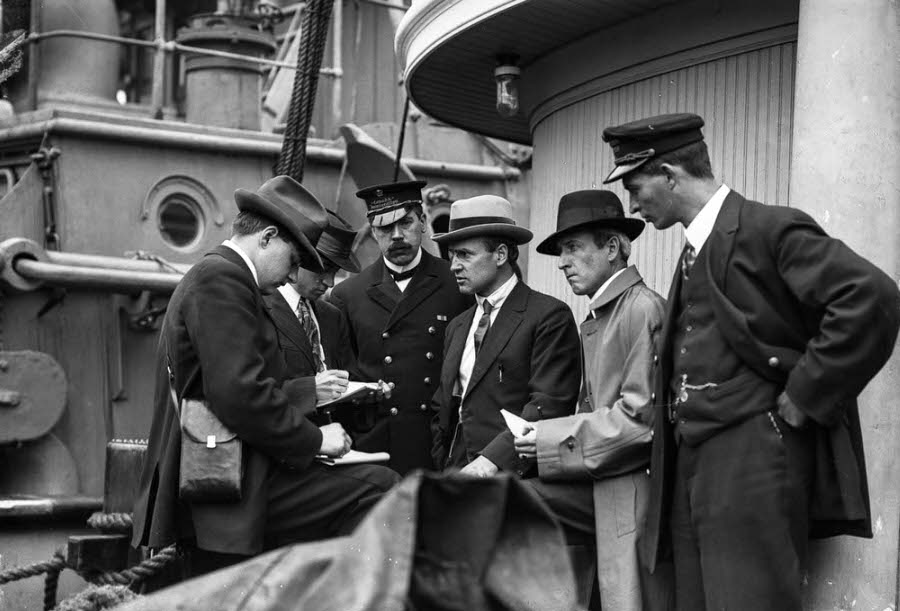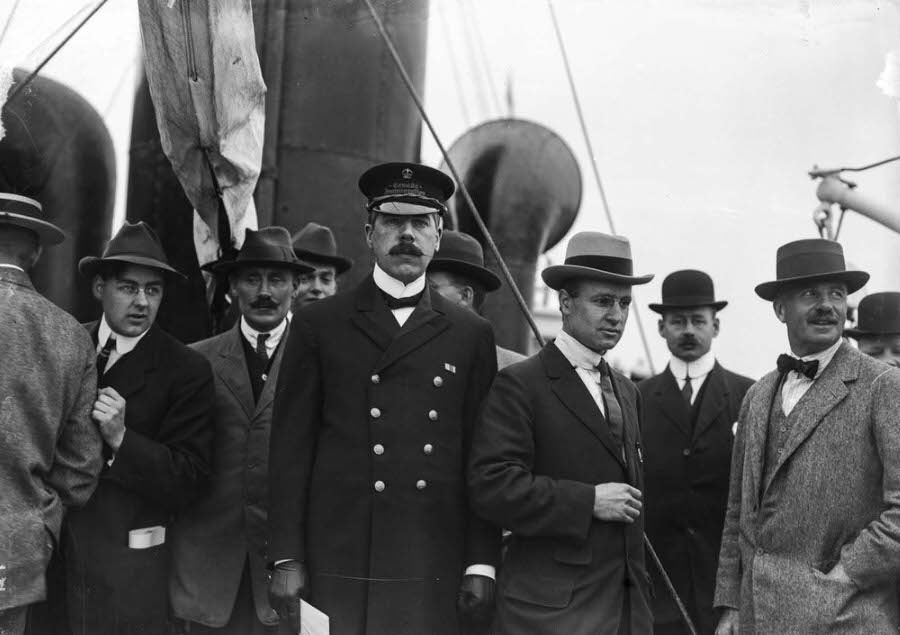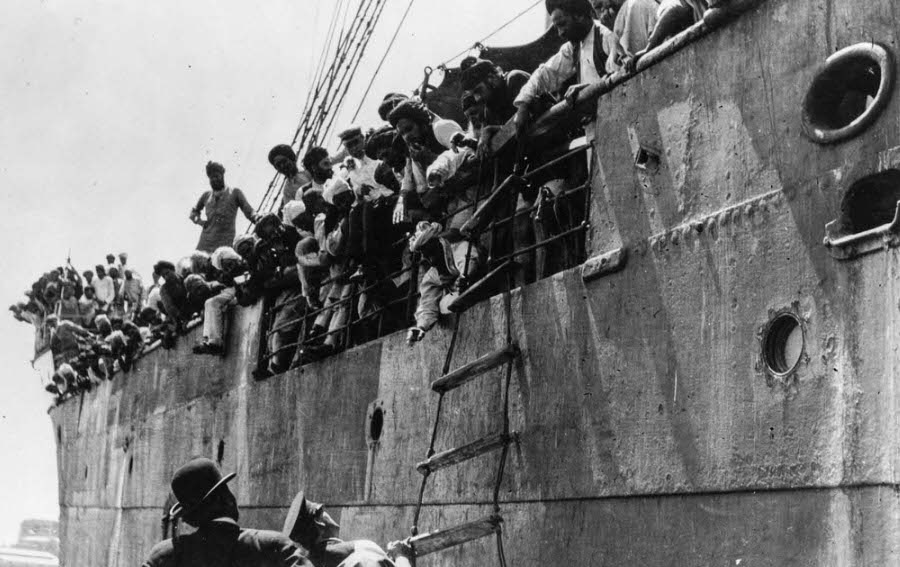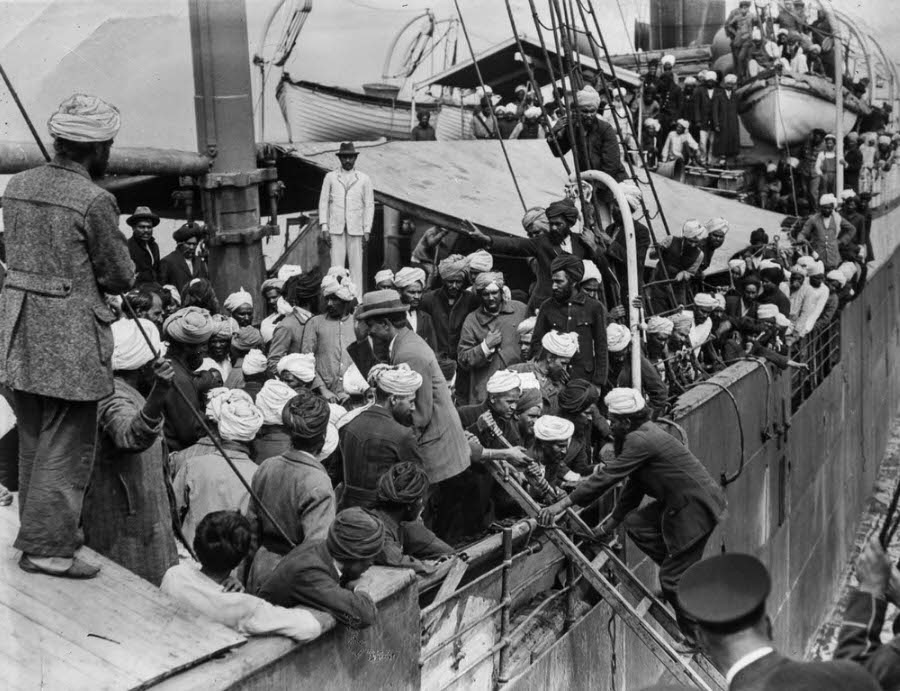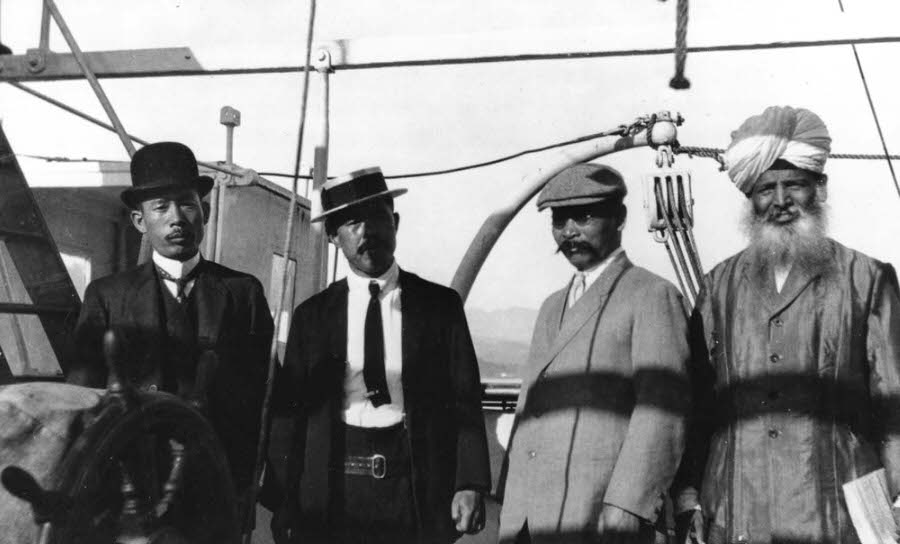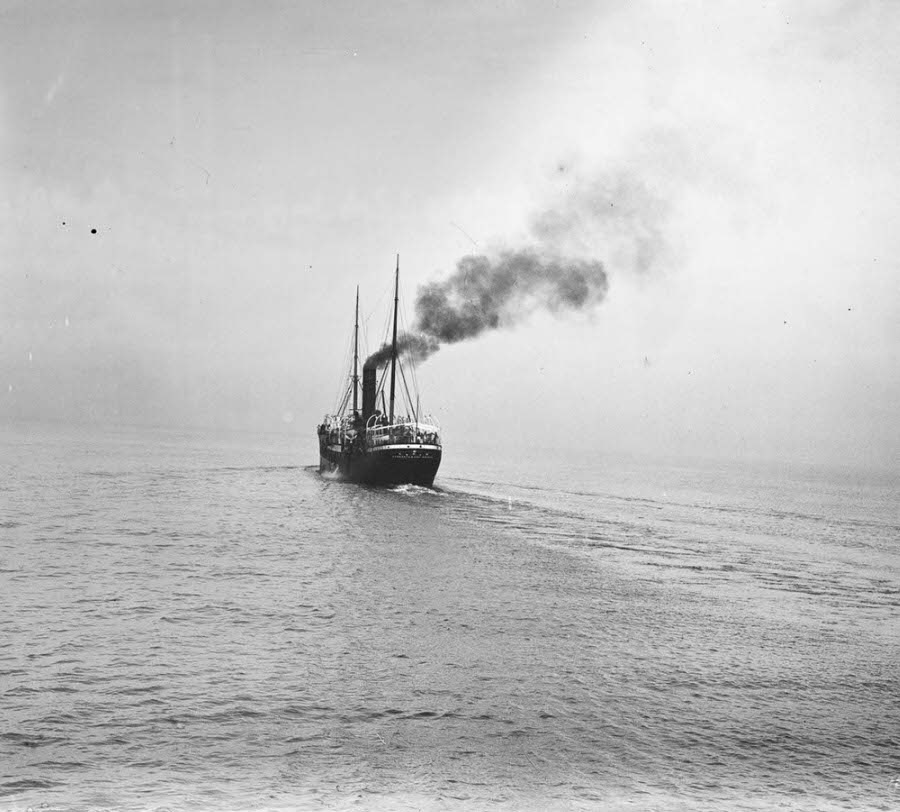On May 23, 1914, some 376 passengers arrived on the west coast of the Dominion of Canada. They came in a steamship, SS Komagata, from India. Most of them were Punjabi Sikhs, but there were some Hindus and Muslims. The Canadian officials refused to grant entry and detained the passengers for two months on Vancouver Harbor. Out of 376 passengers, only 36 were allowed to enter, while the others were forced to depart for Calcutta.
The arrival of Indian immigrants
Indian immigrants began to arrive in British Columbia in the early 1900s. However, Canada was not a welcoming place for Asian immigrants. In 1907 an angry mob attacked Asian homes and businesses in the Vancouver Riot. To keep Indians out of Canada, the government passed two orders-in-council in 1908. One of the laws required that each immigrant possess $200. The laws also stated that Indian immigrants who were already in Canada could not bring their wives and children to Canada. Despite pleas to the government, these laws were not changed.
Komagata Maru incident
Gurdit Singh, an Indian Businessman, decided to challenge the Canadian immigrants’ laws. He chartered a ship, Komagata Maru, in 1914 and sailed from Hong Kong to Vancouver with 375 fellow Indians. The ship arrived in Vancouver on May 23, 1914, but the immigration officials refused to let the passengers get off the boat. The passengers were kept prisoners on the ship for two months while lawyers, politicians, and immigration officials argued about their case. The passengers also refused to go back, and eventually, the Canadian government called the Navy with gunboats to force the Komagata Maru to leave Canada. When the passengers arrived back in India, they were met by British police, who tried to send them directly to the Punjab region of India. A riot broke out, and twenty passengers were killed, many injured, and hundreds were arrested.
Changes in Canadian Immigration laws
In 1952 the Indian government set up a memorial to the Komagata Maru martyrs near the Budge Budge. In 1967, the Canadian government changed its immigration policies and allowed Indian immigrants to enter Canada.
On May 23, 2008, the Legislative Assembly of British Columbia unanimously passed a resolution.
This Legislature apologizes for the events of May 23, 1914, when 376 passengers of the Komagata Maru, stationed off Vancouver harbor, were denied entry by Canada. The House deeply regrets that the passengers, who sought refuge in our country and our province, were turned away without the benefit of the fair and impartial treatment befitting a society where people of all cultures are welcomed and accepted.


